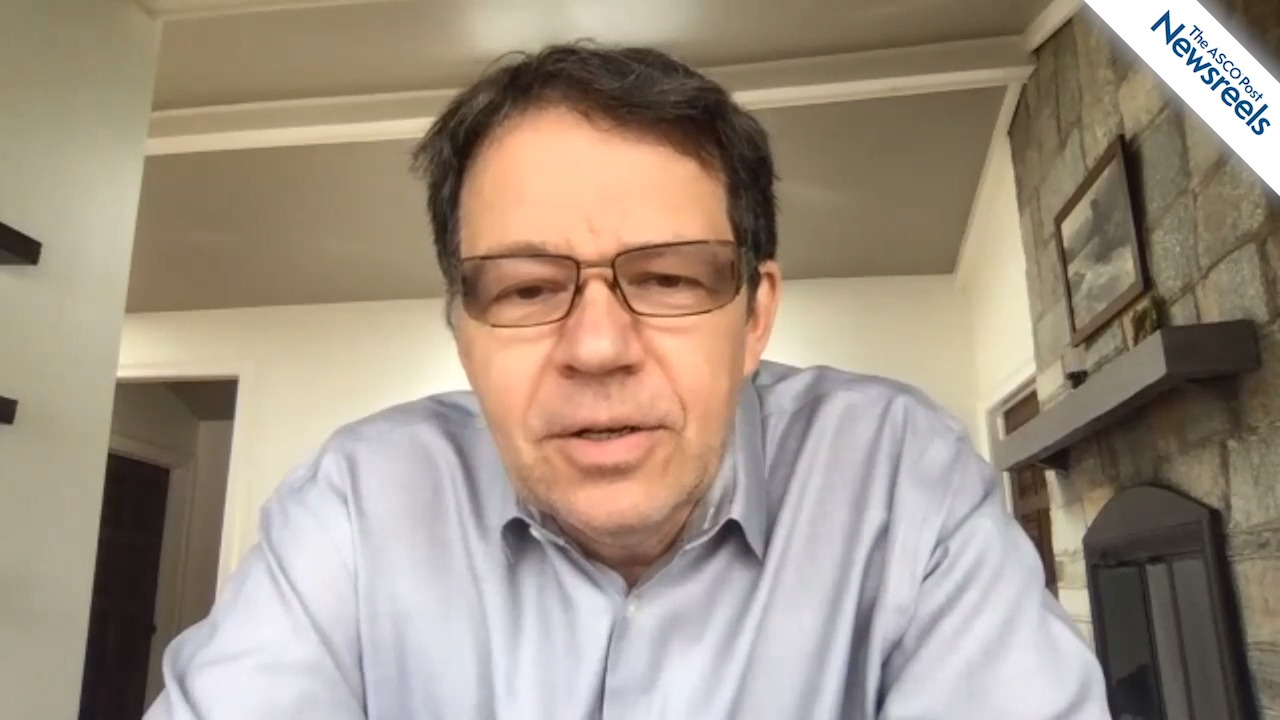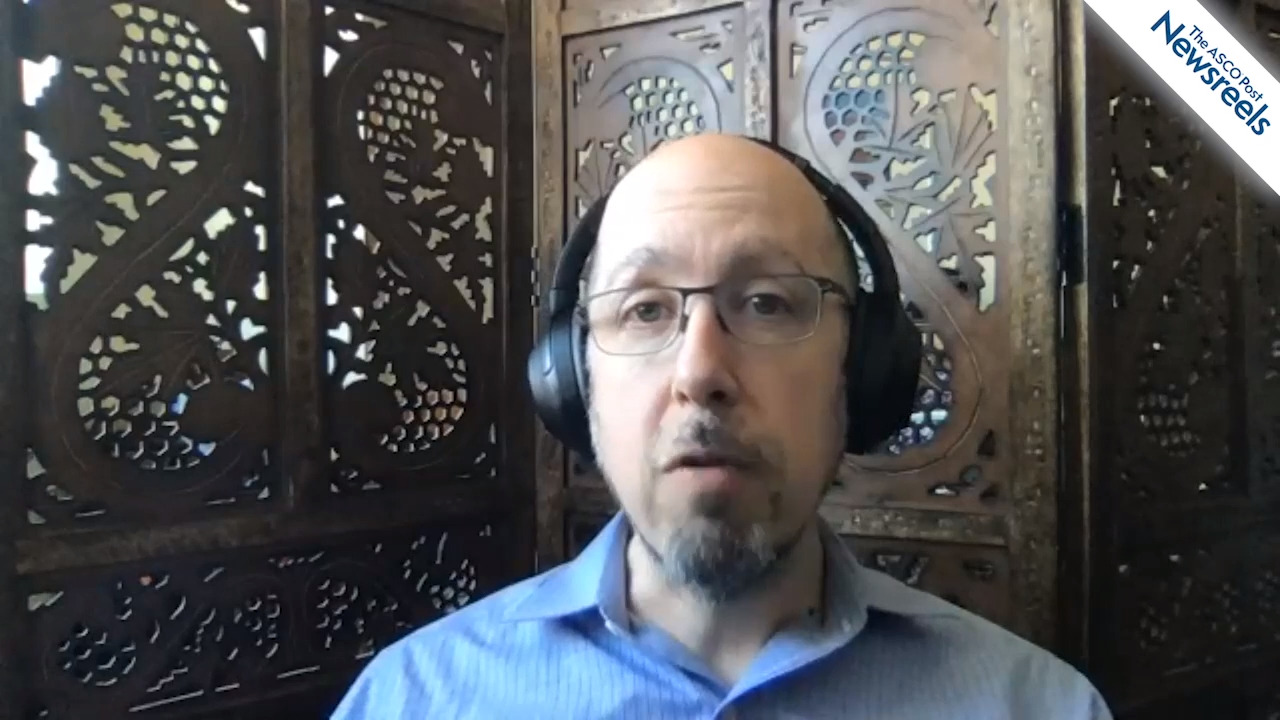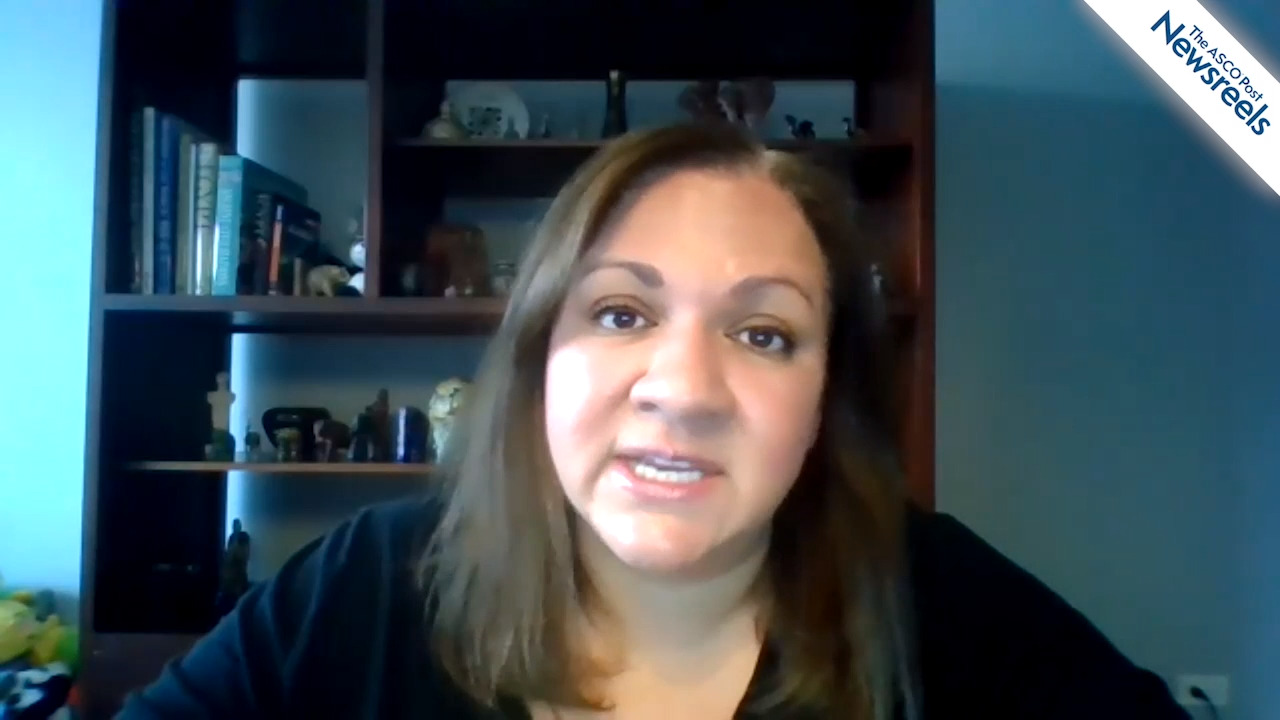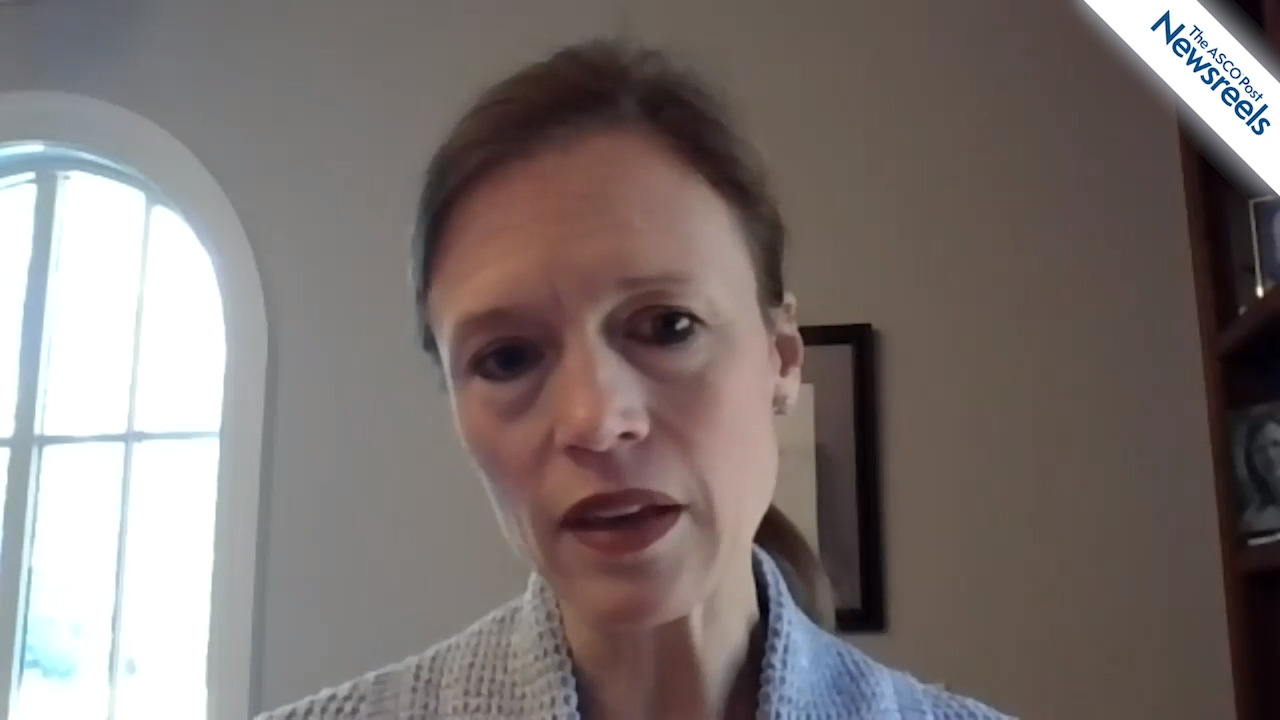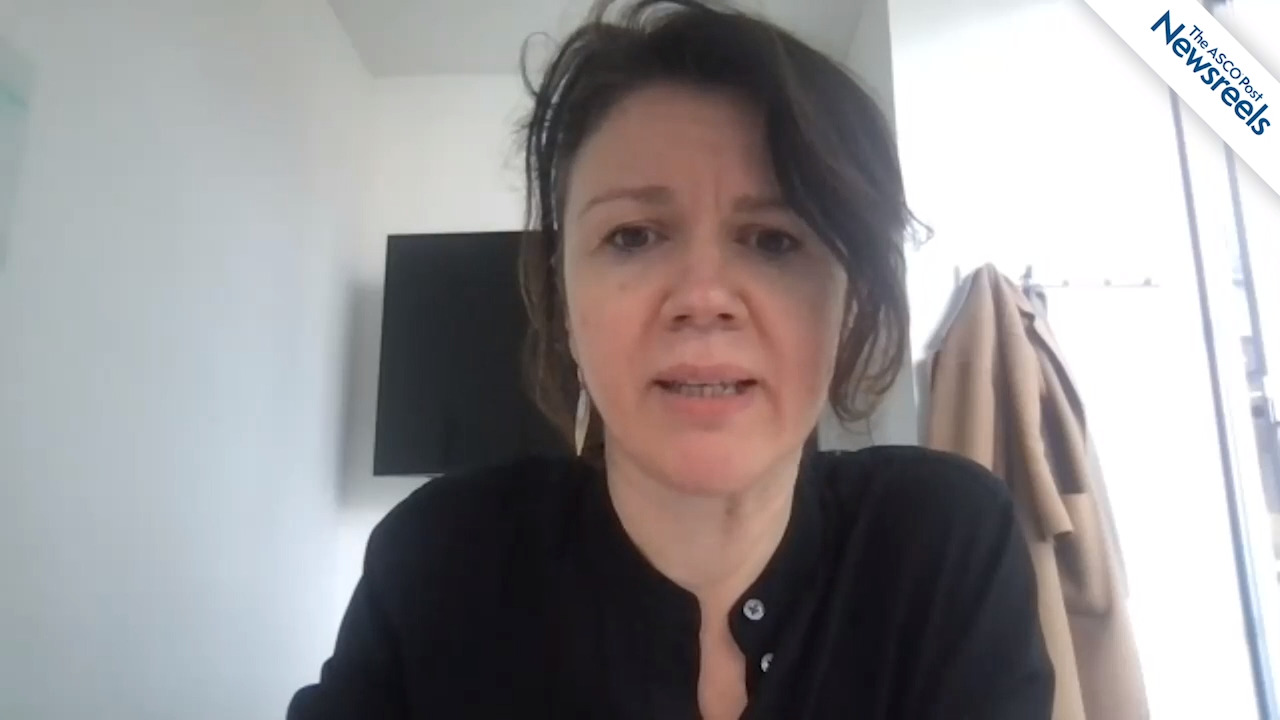Matthew G. Vander Heiden, MD, PhD, and Karen H. Vousden, PhD: A Conversation About the Role of Diet in Cancer
AACR Annual Meeting 2021
Karen H. Vousden, PhD, of The Francis Crick Institute, and Matthew G. Vander Heiden, MD, PhD, of the Koch Institute for Integrative Cancer Research at MIT, discuss emerging evidence that diet may affect which nutrients are available to tumor cells, which can influence both tumor growth and response to therapy. Clinicians may be able to personalize dietary interventions to optimize patient care.
The ASCO Post Staff
Michel Sadelain, MD, PhD, of Memorial Sloan Kettering Cancer Center, discusses the challenges in developing CAR T-cell therapy, as well as the progress being made, such as creating hybrid CAR and T-cell receptors that should enable T cells to recognize much lower levels of antigens. The field, he says, is poised to take on a range of solid tumors to extend the successes in hematologic malignancies.
The ASCO Post Staff
Matthew J. Matasar, MD, of Memorial Sloan Kettering Cancer Center, discusses phase III results of the CHRONOS-3 trial, which showed that copanlisib plus rituximab led to a 48% reduction in the risk of disease progression or death compared with placebo plus rituximab in patients with relapsed indolent non-Hodgkin lymphoma (Abstract CT001).
The ASCO Post Staff
Rita Nanda, MD, of the University of Chicago, discusses the latest data on novel treatment strategies for triple-negative breast cancer, including immune checkpoint, PARP, and ATK inhibitors; antibody-drug conjugates; and targeting the androgen receptor.
The ASCO Post Staff
Carey K. Anders, MD, of the Duke Cancer Center, discusses the ways in which treatment of brain metastases arising from solid tumors has moved into a new era of patient care and how the field may advance.
The ASCO Post Staff
Samra Turajlic, MBBS, PhD, of The Francis Crick Institute, discusses our limited understanding of metastases in terms of the timing of dissemination, the many metastatic phenotypes and varieties of seeding, as well as how the spread of cancer evades the immune system and resists treatment. Expanding this knowledge base is critical to better managing malignant disease.
